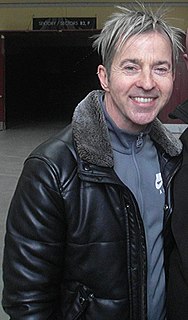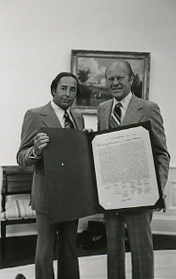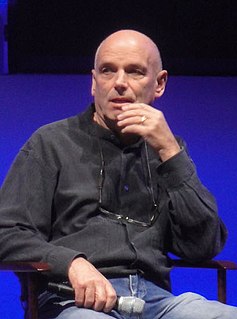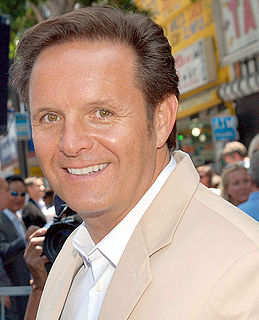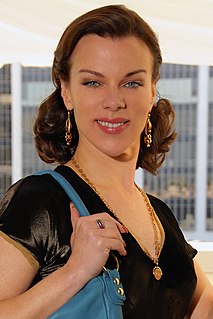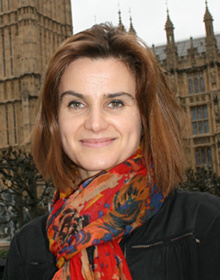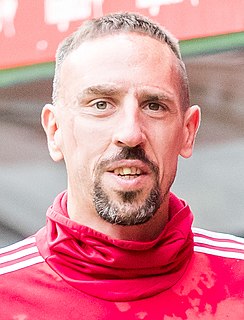A Quote by Limahl
My siblings and I had to earn our own pocket money so from the age of about 10 I had a job. I did a paper round, helped with the farmer's delivery at the weekend, cut hedges for neighbours and worked on a market stall. Then I'd go and buy a record with my hard-won money.
Related Quotes
My father was a cotton farmer first and - but he didn't have any land or what land he had, he lost it in the Depression. So he worked as a woodman and cut pulpwood for the paper mills, rode the rails in boxcars going from one harvest to another to try to make a little money picking fruit or vegetables.
It is true you can be successful without [college], but this is a hard world, a real world, and you want every advantage you can have. I would suggest to people to do all that you can. When I dropped out of school, I had worked in the music industry and had checks cut in my name from record labels and had a record deal on the table, and when I wasn’t successful and Columbia said, ’We’ll call you,’ I had to go back and work a telemarketing job, go back to the real world, and that’s how life is. Life is hard. Take advantage of your opportunities.
My summer jobs for three years were going to work in my dad's factory and earn a bit of pocket money. I absolutely loved it, and I think I learnt more there than I did at Cambridge, actually, in terms of how hard work is and how tough it is finding a job, keeping a job, managing a job and family and commitments outside of work.
With money we really fool ourselves. We are our biggest enemies with money and there are some things we can do about it. Automatic deductions are a wonderful thing. But ideally, you should wait until the end of the month, you can see how much extra money you had, and you should put that in your savings account. We don't do that too well, and if we did that, we would never save. So, what we do, is we take money out of our pocket into the saving account at the beginning of the month, take it outside of our control and as a consequence, we spend less and we save more.
